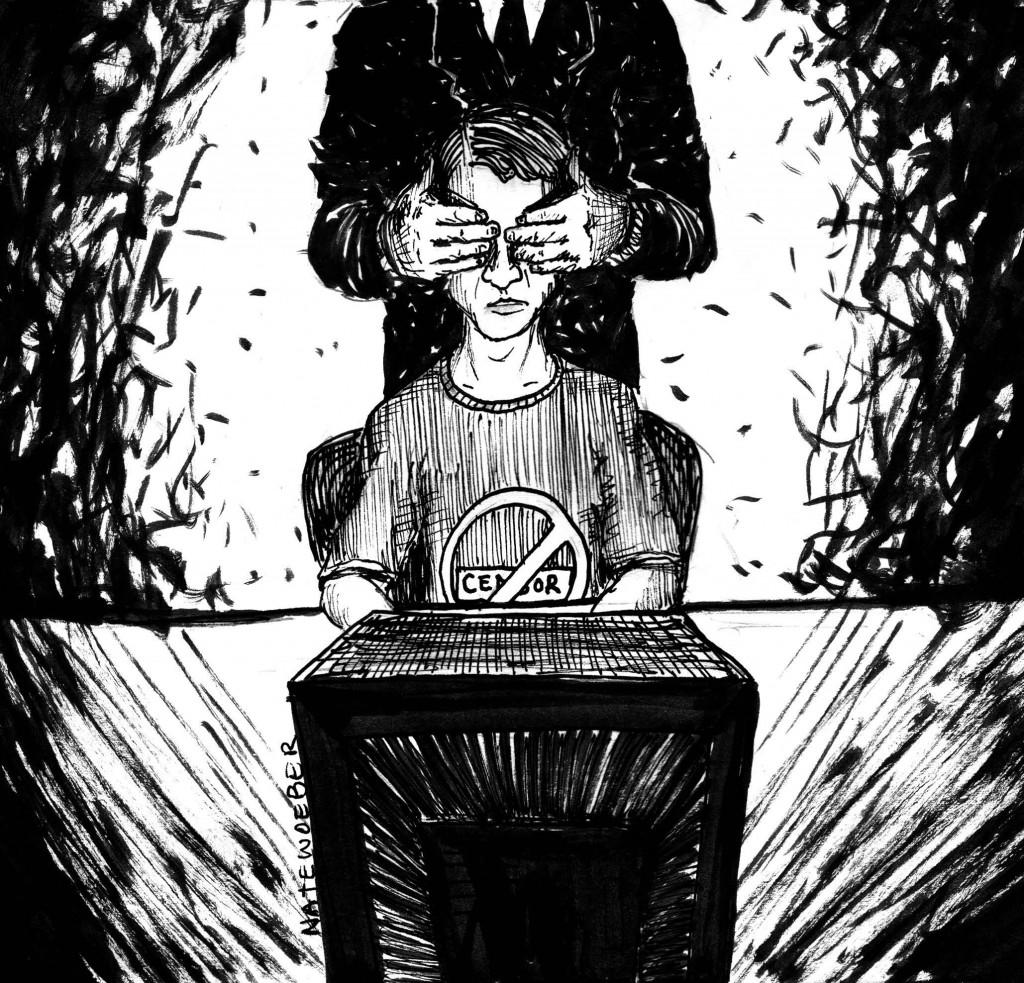By Leah Bosworth/reporter
A light was shone on the difficulties soldiers can face when returning from combat at the Post-Traumatic Stress Disorder seminar Oct. 7 on NE Campus.
Debra Nofziger, a psychologist with Brooke Army Medical Center in San Antonio, stressed the importance of trying to understand a soldier’s redeployment struggles. Redeployment is the time when service men and women are preparing to return from combat, Nofziger said.
“It’s a time of picking up where a service member left off at home,” she said.
One of the most common obstacles soldiers face is the shift from the combat mindset to the at-home mindset, Nofziger said.
“Why is this important? Because they’re everywhere,” she said about the number of returning service members facing difficulties.
In a combat zone, soldiers are supposed to keep closed-off to outsiders, she said. They trust only their battle buddies, and outsiders are a threat. Life is black and white — stay focused on the mission because nothing else matters.
Arriving home from combat, Nofziger said, it is usual for a soldier to feel that life is unfocused and more complex. Regular life can feel overwhelming. Things are not as clear-cut, and there is not as much control over the surroundings.
Soldiers will find themselves thinking the world is not as safe as they thought it was, she said.
Nofziger said as service people reintegrate, friends and loved ones should be aware of these changes in their outlook and setting.
Austin Pickering, a former TCC student, attended the seminar because he has a family member who served in Iraq for nine months.
“Now I have a better grasp on the issues my cousin was dealing with,” he said.
Time may not heal everything a soldier has dealt with, Nofziger said, “but talking to anyone helps.”























